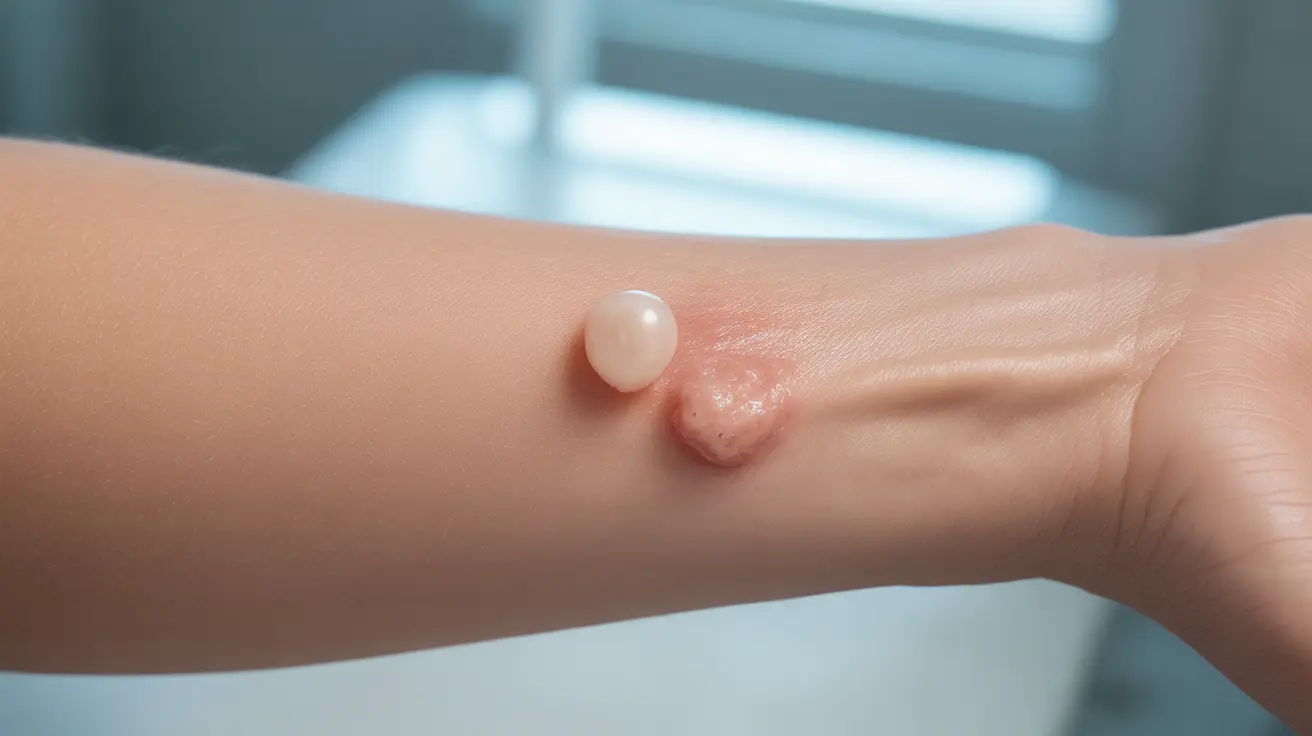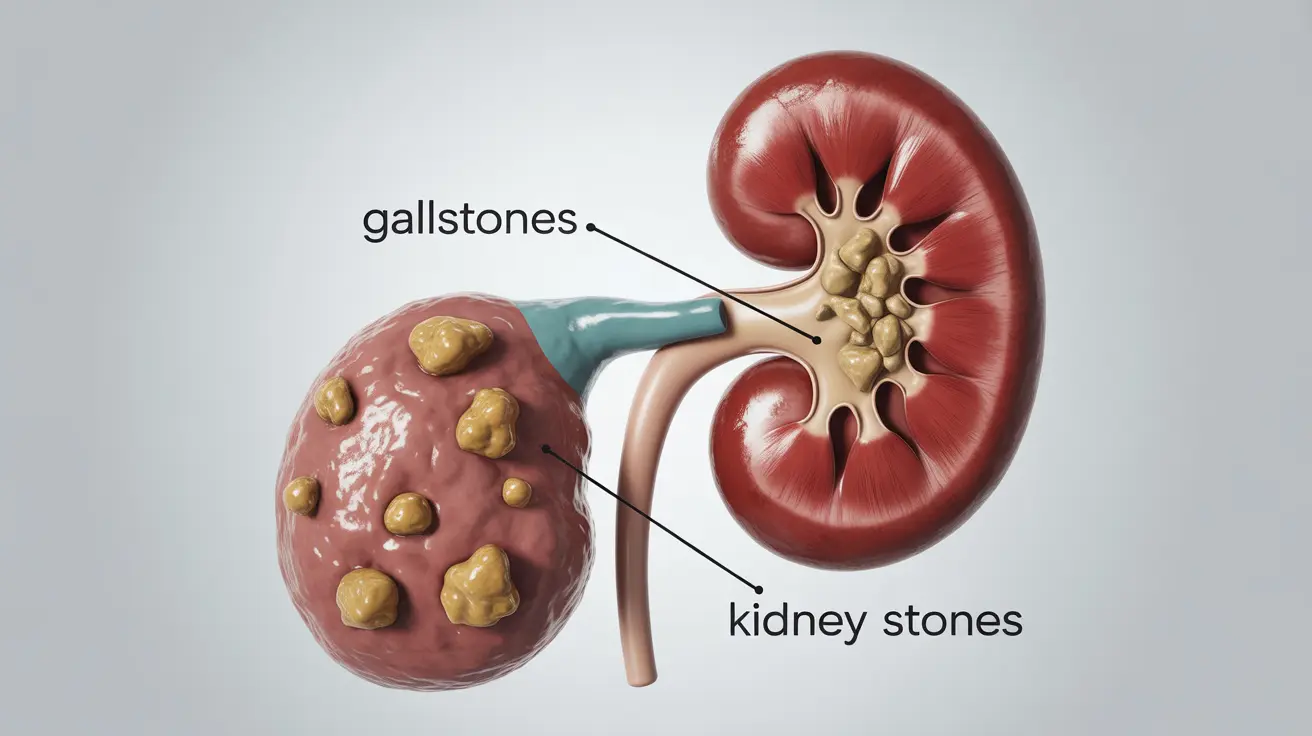Living with rheumatoid arthritis (RA) can be challenging, and while medications like Humira are effective, some patients seek natural alternatives for managing their symptoms. This comprehensive guide explores evidence-based natural approaches that may help control inflammation and reduce joint pain associated with RA.
It's important to note that natural alternatives should never replace prescribed medications without consulting your healthcare provider. However, many of these options can work alongside conventional treatments to enhance overall treatment outcomes.
Understanding Natural Anti-inflammatory Compounds
Several natural substances have shown promise in managing rheumatoid arthritis symptoms through their anti-inflammatory properties. These compounds work through different mechanisms to help reduce inflammation and provide relief from joint pain.
Powerful Herbal Solutions
Certain herbs have demonstrated significant anti-inflammatory effects in scientific studies. Turmeric, containing the active compound curcumin, has been shown to inhibit inflammatory pathways in the body. Ginger contains compounds called gingerols that can help reduce inflammation and pain in arthritic joints.
Essential Fatty Acids and Fish Oil
Omega-3 fatty acids, particularly EPA and DHA found in fish oil, play a crucial role in managing inflammation. These essential nutrients help produce anti-inflammatory compounds in the body and may help reduce morning stiffness and joint tenderness.
Dietary Approaches for Managing RA
An anti-inflammatory diet can significantly impact RA symptoms. This approach typically includes:
- Plenty of colorful fruits and vegetables
- Fatty fish rich in omega-3s
- Nuts and seeds
- Whole grains
- Limited processed foods and refined sugars
Beneficial Supplements
Several supplements have shown promise in managing RA symptoms:
- Boswellia (Indian frankincense)
- Vitamin D
- Green tea extract
- MSM (Methylsulfonylmethane)
- Glucosamine and chondroitin
Safety Considerations and Precautions
While natural alternatives can be beneficial, they're not without risks. Some supplements can interact with medications or may be contraindicated for certain medical conditions. Always consider the following:
- Consult with healthcare providers before starting any new supplement
- Monitor for adverse reactions
- Choose high-quality, third-party tested supplements
- Start with lower doses and increase gradually
Frequently Asked Questions
**What are some effective natural alternatives to Humira for managing rheumatoid arthritis?** Natural alternatives include omega-3 supplements, turmeric, ginger, boswellia, and following an anti-inflammatory diet. These options may help manage symptoms but should be used under medical supervision and not as a replacement for prescribed medications.
**How do herbs like turmeric and ginger help reduce inflammation in rheumatoid arthritis?** Turmeric contains curcumin, which blocks inflammatory cytokines and enzymes. Ginger contains gingerols and shogaols that inhibit inflammatory pathways. Both herbs have been shown to help reduce pain and inflammation in clinical studies.
**Are omega-3 fatty acids beneficial for reducing joint pain and inflammation in rheumatoid arthritis?** Yes, omega-3 fatty acids, especially EPA and DHA, help produce anti-inflammatory compounds called resolvins and protectins. Regular supplementation may help reduce joint tenderness, morning stiffness, and overall inflammation.
**What are the potential risks and interactions of using supplements like boswellia for arthritis treatment?** Boswellia may interact with certain medications, including anti-inflammatory drugs. It can also cause digestive issues in some people. Always discuss supplement use with your healthcare provider to avoid potential interactions and side effects.
**Can an anti-inflammatory diet alone provide sufficient relief for rheumatoid arthritis symptoms?** While an anti-inflammatory diet can help manage symptoms, it typically works best as part of a comprehensive treatment plan that may include conventional medications, supplements, and lifestyle modifications. Diet alone may not provide sufficient relief for moderate to severe RA.




